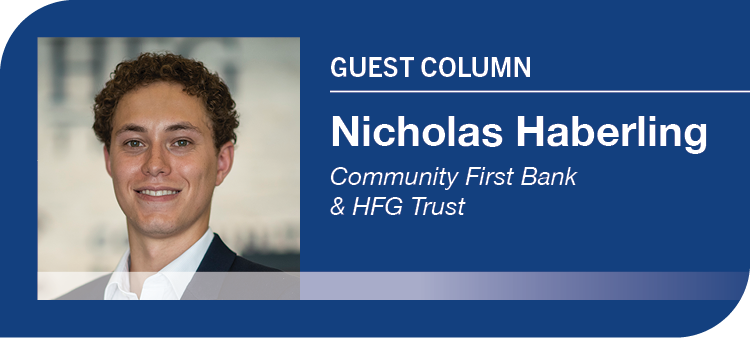Most retirees, or those nearing retirement, can count on one hand the number of times they’ve heard a financial advisor say, “Don’t forget to spend your money.” While it makes for a great column hook, it’s not quite what I’m advocating.
Our profession is rightly focused on ensuring clients don’t outlive their money in a potentially low investment return environment over the next decade.
However, one risk we often overlook is the unfulfilled goals and dreams that contribute to our happiness. That type of risk is more cerebral and requires a vulnerability that goes beyond academic equations, spreadsheets and portfolio models. But I think a visceral reminder of this risk, to put it bluntly, is that if we don’t use our wealth to pay for our own dreams, those who inherit our wealth will use it to pay for theirs.
An example that has struck a chord with me the past few weeks is of an elderly gentleman who was a client of ours. He died a number of years ago, but during his lifetime he had been an excellent saver. He was willing and able to cut excess expenses out of his life, paving the way for him to build an impressive portfolio.
A few years after his retirement, he told us he had always wanted to buy a brand-new pickup truck and had found one he loved for $50,000. He asked if he could afford the purchase.
We ran the numbers for him, and though he would need to take an IRA distribution of $70,000 to net the $50,000 he needed to buy the truck, it was an expense he could not only afford, but one that was unlikely to impact the solvency of his retirement.
Despite our assessment though, the client’s decades-long habit of saving and limiting expenses reappeared and he decided he could live without the new truck. He never did buy a brand-new pickup truck, but after he died, a family member promptly took their portion of the inheritance and used it to pay for a cruise through the Caribbean.
There are a number of lessons you can take from this story, but the one I want to leave you with is that, as you examine the outlook of your health and retirement in 2021, try not to have tunnel vision.
The larger goal of your portfolio and retirement plan is to achieve personal fulfillment.
Human fulfillment is largely captured by Maslow’s Hierarchy of Needs, so your financial plan should encompass as much of that pyramid as possible.
Psychologists say that most people are naturally risk-averse. So, when planning, the brunt of our attention is focused on our base safety and physiological needs.
Making sure those needs are met is an important concern, but if your financial plan responsibly determines that those base needs have been met, I recommend then examining ways to use that “excess” capital to fulfill the rest of Maslow’s pyramid: belonging, esteem and self-actualization. Those dreams and goals are as unique as the people who have them and there is no right answer.
Just don’t forget your dreams, because for better or worse, the people in your life won’t forget theirs.
Nicholas Haberling is a partnership advisor at Community First Bank & HFG Trust in Kennewick.

